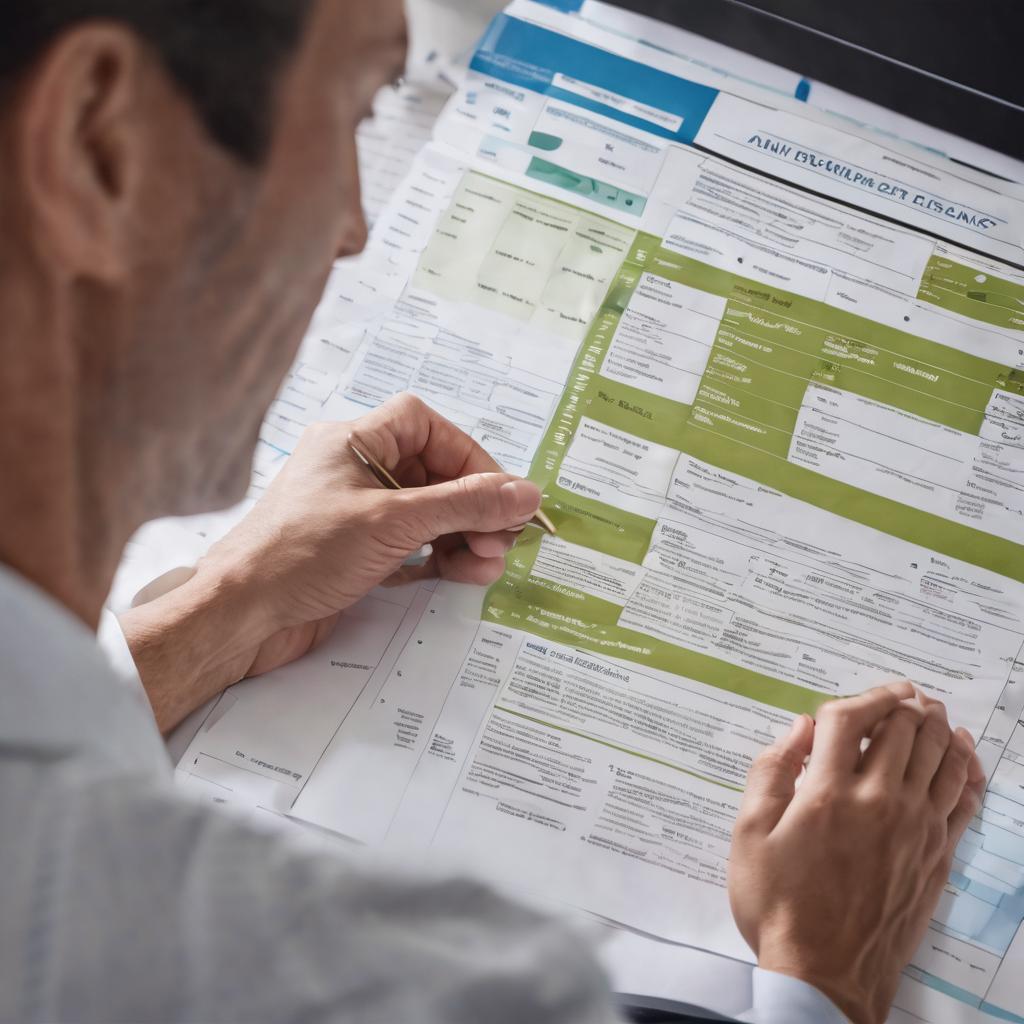How to Determine the Right Amount of Business Insurance Coverage

Contents
- 1 Introduction
- 2 What business insurance policy types should you buy?
- 3 How much coverage do you need?
- 4 What is the minimum amount of business insurance that you legally have to carry?
- 5 How can you make sure you are adequately protected?
- 6 Know what kind of coverage you need and how much before buying a policy.
- 7 Conclusion
Introduction
It’s not something you can ignore, and yet I see small business owners all the time who have no idea how much business insurance coverage they need or why it’s so important to get the right amount. It can be as simple as comparing your home and car insurance policies to your business insurance policy—and then deciding if you should add more coverage or not.
What business insurance policy types should you buy?
There are many types of business insurance policies. The most common include:
- Property insurance, which pays for the physical damage to your property in case of a disaster or other event. You may also want to consider adding coverage for theft, vandalism and other losses that aren’t covered by your standard policy.
- Liability insurance, which covers legal costs if someone sues you because of something related to your business (such as an injury caused by one of your employees). This type of policy can also protect against lawsuits related to intellectual property infringement or copyright violation if someone steals an idea from you and uses it elsewhere without permission.
- Workers’ compensation coverage–which pays medical bills when an employee gets hurt on the job–is required by law in every state except Washington State (though some states require employers who don’t offer workers’ comp coverage themselves pay into state-run funds).
How much coverage do you need?
Before you can determine exactly how much business insurance coverage to purchase, it’s important to know the value of your business. The value of your business is the total dollar amount you would receive if you were forced to sell your business today.
To calculate this figure, add up all of the cash and non-cash assets owned by the company–such as equipment or real estate–and then subtract any debts owed by those assets (like mortgages). The resulting figure represents what someone would pay for 100% ownership in an operating company without having to worry about any outstanding debts or liabilities. It’s called “fair market value” because it reflects what buyers would be willing to pay based on its perceived quality and potential earnings potential rather than its actual cost basis or historical cost/earnings ratio (which may have been inflated due to inflation).
What is the minimum amount of business insurance that you legally have to carry?
Business insurance is not required, but it’s a good idea to have enough coverage to protect your business from loss. You can buy different types of business insurance policies that cover different risks. Check with your state department of insurance for more details about what type of coverage is required in your area and what kind of information they need from you when applying for a policy.
How can you make sure you are adequately protected?
If you’re looking to get a business insurance policy, the best way to make sure you’re adequately protected is by getting multiple quotes from different insurance companies. A business insurance agent can help you compare and contrast various policies so that you can find one that fits your needs and budget.
Once you have an idea of what type of coverage suits your company’s needs, it’s important to consider how much coverage is enough – but not too much. The last thing anyone wants is having too much money tied up in their business’ safety net!
Know what kind of coverage you need and how much before buying a policy.
Before you buy a business insurance policy, it’s important to know what kind of coverage you need and how much. This will help ensure that the policy meets your specific needs and covers all possible risks.
The amount of coverage for a business depends on the type of business and its level of risk. For example, a retail store will likely have higher turnover costs than an accounting firm because more products are sold in one day at a retailer than services provided by an accountant over several months or years (even though both businesses might be equally valuable). In addition, some industries carry higher insurance premiums because they’re considered more risky than others; for example, restaurants are susceptible to food poisoning lawsuits while law firms are less likely to face such issues due to the nature of their work.
Conclusion
Business owners should always make sure they have the right amount of coverage for their business. It’s important to know what kind of insurance coverage you need and how much before buying a policy because the wrong type can be costly in both time and money spent on premiums. There are many different types of policies available today, so make sure that whichever one you choose fits your needs as well as possible.








